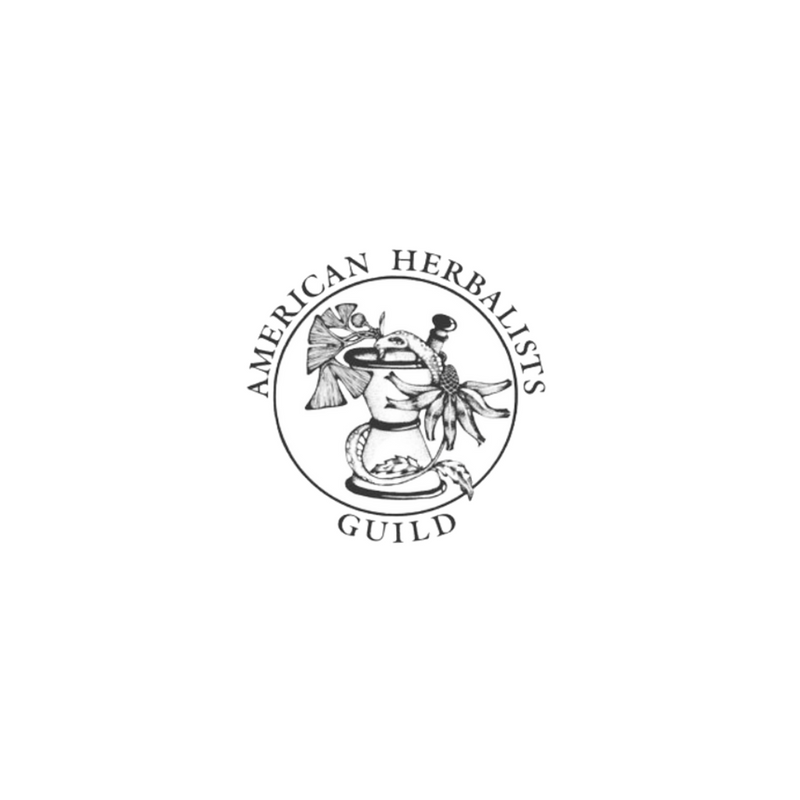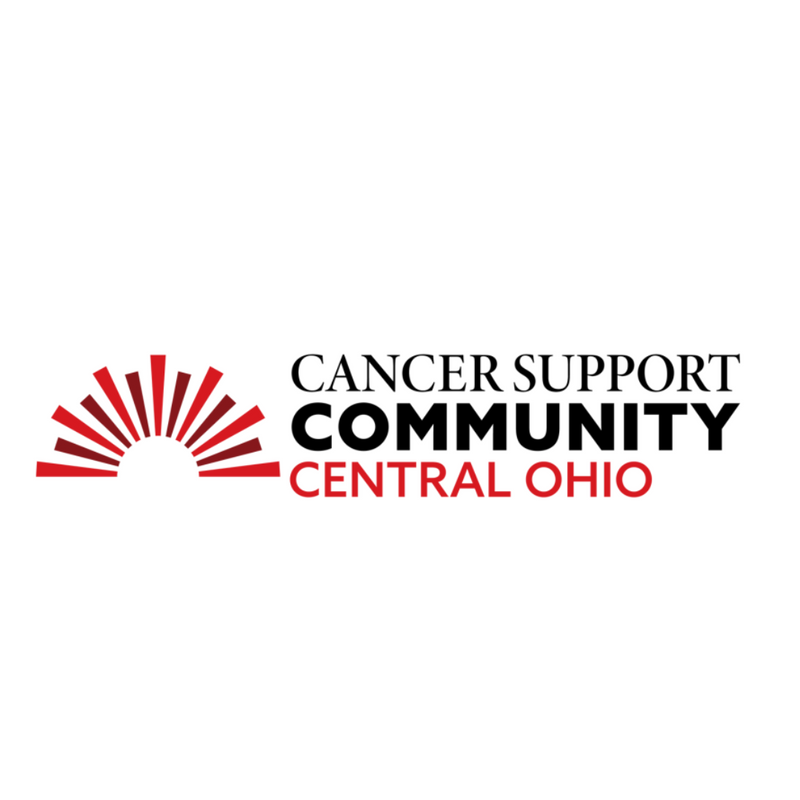
Huey Newton, Food, and Resistance
Share

At the intersection of Food and American, imperial, racist, capitalist patriarchy are innumerable stories of resistance, joy, pain, and preservation. They are the stories of people who experienced systems of food that were designed to oppress: systems in place to limit, deny, starve, and masquerade. They encountered systems that are hidden behind the guise of being broken, but are/have been indeed working as intended.
Huey Newton, co-founder of the Black Panthers Party, proposed the idea of "revolutionary intercommunalism" through his understanding of dialectic materialism, a concept fomented from the writings of Marx and Engel. Dialectic materialism, briefly, asserts that nothing is static, isolated, or individual, but that everything is an agglomeration of conflict, movement, and transformation. It is an assertion that every'thing', even and maybe especially ideas, is in relation with every'thing' else. Everything contains contradiction.
“When the people seize the means of production, when they seize the mass media and so forth, you will still have racism, you will still have ethnocentrism, you will still have contradictions. But the fact that the people will be in control of all the productive and institutional units of society—not only factories, but the media too—will enable them to start solving these contradictions. It will produce new values, new identities; it will mold a new and essentially human culture as the people resolve old conflicts based on cultural and economic conditions. At some point, there will be a qualitative change and the people will have transformed revolutionary intercommunalism into communism. We call it “communism” because at this point in history people will not only control the productive and institutional units of society, but they will also have seized possession of their own subconscious attitudes toward these things; and for the first time in history they will have a more rather than less conscious relationship to the material world—people, plants, books, machines, media, everything—in which they live. They will have power, that is, they will control the phenomena around them and make it act in some desired manner, and they will know their own real desires. The first step in this process is the seizure by the people of their own communities.“ -Newton
Revolutionary Intercommunalism is the process to realizing 'real' communism, acknowledging that in the project of communalizing people will bring their own realities, their own shit, with them. These realities will not vanish with the abandonment of a capitalist system, but by our re-culturing within a new system of abundance, collective ownership, and abandonment of hierarchy. Revolutionary Intercommunalism is the response to Globalization (aka Reactionary Intercommunalism) (aka the rapid replacement of nationalism with corporatism and the pervasive capacity for capital to create global empire).
Okay, but what has this to do with food, besides the perhaps obvious food=life equation? For the Black Panthers, it meant the opening of community service programs called "survival programs", designed to create positive community aide through free food via direct action. Starting in Oakland and eventually spreading to over 60 places nationwide, the BPP opened free breakfast and other meal programs, grocery programs, prison bussing programs, community defense, etc. Their success in free breakfast eventually lead to changes in Government, securing Free Breakfast federally by 1975.
Today we see the remnant legacy of this, but also the slow erosion of those well-earned victories. We still see the vilification of the BPP in education and the incessant white-washing of Martin Luther King Junior's legacy. We see the small, dwindling gains, but also the stark truth of global capitalism: capital has left us hungry for real, nutritious food; it has left us hungry for real, nutritious community.




